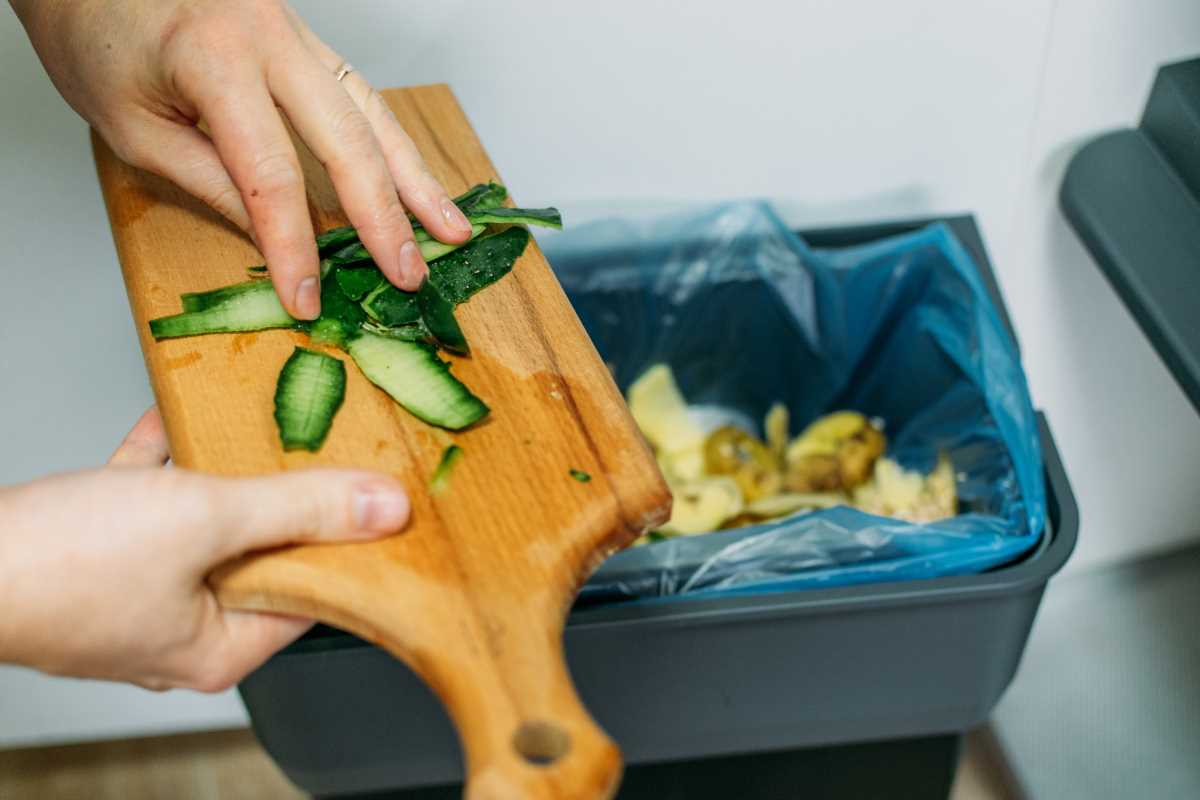City life often brings high rent and daily expenses, but simple changes can make a big difference in your budget. Choosing lesser-known apartments over expensive studios, sharing a home with roommates, or adjusting your commute can all help lower monthly costs. Saving on these essentials means you have more money to spend on activities you enjoy, exploring new destinations, or building up an emergency fund for peace of mind. Small adjustments to your living situation and routine can go a long way in making urban living more affordable and enjoyable.
You don’t need to overhaul your lifestyle overnight. Small shifts add up fast. Whether you’re new to the city or a seasoned renter, these ideas will spark fresh ways to lighten your monthly tab.
1. Negotiate or Downsize Your Rent
You can ask your landlord for a small discount or perks like a waived parking fee. It might feel awkward, but polite requests backed by market research often pay off. Check nearby listings and point out any comparable units going for less.
If negotiation stalls, look for smaller footprints. Moving from a one-bedroom to a studio or micro-apartment reduces your rent. Many buildings offer flexible layouts or roommate-ready units that cost less than solo digs.
- Research similar apartments in your building and neighborhood.
- Prepare a clear pitch: cite local rents, your on-time payments, and lease length.
- Suggest a trial discount, like 5% off for three months.
- Offer to sign a longer lease in exchange for a reduced rate.
2. Try House Hacking
You can turn your home into a small income source if you have extra space. Think basement bedrooms, attic nooks, or unused guest rooms. Renting out these spots helps cover your share of the mortgage or rent.
Peer-to-peer platforms make short-term rentals easier than ever. Just keep local regulations in mind to avoid fines or surprises.
- Sublet to students during the school year.
- Host travelers on weekends.
- Offer storage or parking spots when rooms are empty.
3. Share Space and Split Bills
Moving in with a roommate cuts your rent in half and reduces utility bills. If you choose someone with similar habits, you won’t clash over chores or noise. Find a friend or coworker who needs a dependable spot and both benefit.
Group subscriptions and meal sharing can lower your monthly costs. Split streaming or gym memberships, buy groceries in bulk together, and cook family-style meals to save on both food and time.
4. Use Public Transit and Micromobility
Owning a car in a busy downtown area can feel like carrying a financial burden. Swap it for a transit pass, bike share, or e-scooter plan. You’ll avoid parking fees, insurance premiums, and costly repairs.
Cycling or scooting also helps you avoid traffic jams. Even a short ride to the subway station can replace expensive ride-hail trips, saving you hundreds over a year.
5. Reduce Utility and Subscription Expenses
Check your utility bills each month. Small changes—like switching incandescent bulbs for LEDs, installing low-flow showerheads, or using smart plugs—can cut noticeable amounts. Many cities offer rebates on energy-efficient upgrades if you sign up online.
Review all your subscriptions. You might pay for several entertainment apps and not use them. Cancel the ones you rarely use and share the rest with friends or family to lower individual costs.
6. Use Storage Solutions
Storage hacks help you free up living space without paying sky-high rent. Install wall hooks, under-bed bins, or floating shelves to keep clutter off the floor and walls. A tidier home feels bigger, so you won’t crave extra square footage.
Consider micro-warehouses or shared self-storage facilities near transit lines. Many offer access 24/7 and flexible contracts. You only pay for the space you use, making it a budget-friendly way to store seasonal items or gear you rarely need.
7. Take Advantage of City Perks and Community Resources
Your city might offer free or low-cost bikes, tool libraries, pop-up markets, and community workshops. These resources cut the money you spend on gear, groceries, or entertainment. Check local bulletin boards, social media groups, or municipal websites to find hidden deals.
Public libraries often lend more than books—they lend cameras, board games, or power tools. Borrowing instead of buying helps keep your budget lean and gives you a chance to try new hobbies without risk.
Living in the city doesn’t have to deplete your bank account. By sharpening your negotiation skills, sharing living spaces, choosing smart ways to commute, and adding a bit of creativity, you’ll find room in your budget—and maybe some breathing space in your routine.
Make one change this week to increase your savings and regain financial freedom while enjoying city life. Your wallet will thank you.
 (Image via
(Image via





